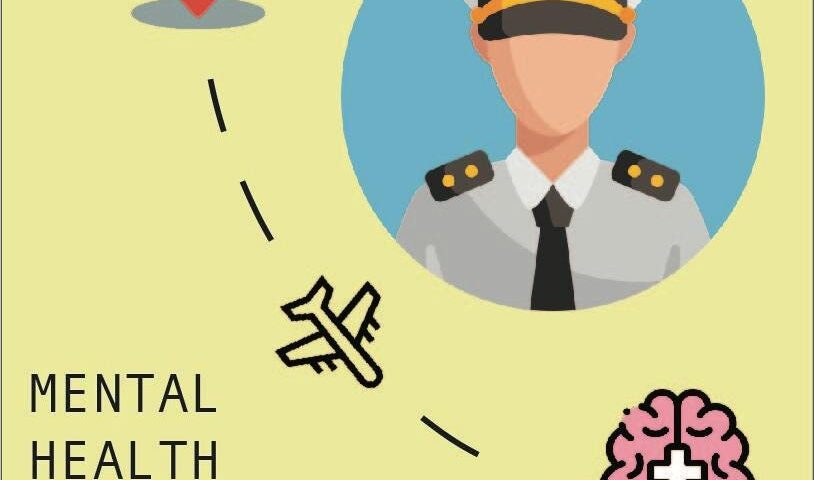The Mental Healthcare Act, 2017, aims to provide legal rights to mental health care to 1.3 billion Indians. It promises to provide the best treatment and facilities, along with promoting and protecting the rights of individuals with mental illness.
In 2006, the UN adopted the Convention on the Rights of Persons with Disabilities. It is an international human rights treaty of UN which recognizes, protects, and supports the rights of persons with disabilities. The UNCRPD applies to persons with mental illness and psycho-social disabilities thus recognizing that mental illness when accompanied by social barriers, makes people with mental illness a vulnerable group. India ratified it in 2007 which meant making a binding commitment to ensure all our laws are in compliance with UNCRPD. So, India realized that the Mental Health Act, 1987 was not in congruence with the UNCRPD and thus, decided to replace it with a new law. It took several years to finally come up with the Mental Healthcare Act, 2017 but India did it.
RIGHT TO ACCESS MENTAL HEALTH CARE
Every person shall have access to mental healthcare and treatment provided by a range of mental health services run or funded by the government. Treatment and facilities should be affordable, of good quality, accessible geographically and no discrimination based on gender, sex, sexual orientation, religion, culture and other biases. In the absence of these facilities, the government will make the required provisions.
Advance Directives: The act empowers a mentally ill person to have the right to make an advance directive of how they would want to be treated for their requisite illness and who should be their nominated representative. This directive has to be vetted by a medical practitioner.
Restricted Usage of Electroconvulsive Therapy: The act has restricted the usage of Electroconvulsive Therapy to only emergency cases and that too along with muscle relaxants and anaesthesia. It completely prohibits the usage of ECT on any minor.
Special Provisions for Women: Certain special provisions have been made for women regarding their healthcare which includes not separating women from their children unless it is absolutely necessary.
RIGHT TO COMMUNITY LIVING
No person with mental illness is segregated from the community on the basis of their illness. Mental health institutions shall provide a safe and hygienic environment to live in with dignity, provide various mediums of recreation, education and religious practices, not be forced to undertake any work in the institution, to not be subjected to the shaving of their heads or wearing uniforms provided and be protected from all forms of physical, mental, sexual and emotional abuse.
RIGHT TO CONFIDENTIALITY
Information regarding the mental health, mental health care and treatment of the individual is kept confidential and only released to the nominated representative or other health professionals for treatment or safety-related purposes. It also ensures that photographs or any other information related to the patient will not be released in the media without their consent.
RIGHT TO PERSONAL CONTACTS AND COMMUNICATION
A person with mental illness can communicate via phone calls and emails and also restrict visitations and other forms of communications keeping the norms of the establishment in mind.
RIGHT TO LEGAL AID
A person with mental illness has the right to legal aid i.e. receive free legal services for exercising any of the rights given in this Act.
Decriminalizing Suicide Attempt
It decriminalizes suicide attempt by stating that a person who attempts suicide should be presumed to have severe stress and shall not be punished. It also imposes the government to rehabilitate such persons so that there is no recurrence of suicide attempts in future.
These are a few key points about the MHCA, 2017 which are extremely beneficial for all persons with mental illness as well as their caregivers.



